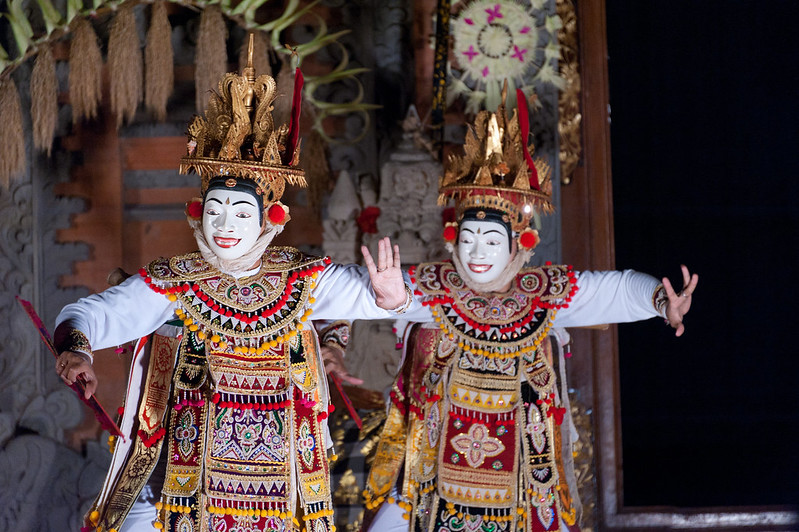How Backpacking in Indonesia Can Help Reduce Poverty
 The widespread availability of international travel has allowed many young people to embark on extended trips known as backpacking. Backpacking gained popularity in the late 20th century with the establishment of the hippie trail, an overland route stretching from London to Pakistan. Travelers were drawn to its promise of tropical landscapes, freedom from drug restrictions and an escape from routine life. Nowadays, backpacking has become an unofficial rite of passage for many young travelers. Fortunately, a backpacking trip offers a life-changing experience and benefits the communities visited.
The widespread availability of international travel has allowed many young people to embark on extended trips known as backpacking. Backpacking gained popularity in the late 20th century with the establishment of the hippie trail, an overland route stretching from London to Pakistan. Travelers were drawn to its promise of tropical landscapes, freedom from drug restrictions and an escape from routine life. Nowadays, backpacking has become an unofficial rite of passage for many young travelers. Fortunately, a backpacking trip offers a life-changing experience and benefits the communities visited.
4 Ways Backpacking in Indonesia Can Help Fight Poverty
- Economic Impact. According to the United Nations (U.N.) World Tourism Agency, tourism contributes around 10% of global GDP. Additionally, tourism is recognized as the world’s largest voluntary transfer of wealth from wealthy to poorer populations. Tourism injects capital into local economies and drives development, particularly in low-income nations. Indonesia prioritizes tourism as part of its national development strategy. In regions where tourism dominates the economy, poverty rates are 1.5% to 3.4% lower compared to areas with less tourist activity. Furthermore, tourist spending boosts household income in both rural and urban Indonesia by up to 6%.
- Employment. Backpackers create jobs in the destinations they visit. Their presence in areas beyond conventional tourist hotspots stimulates demand for budget accommodations, traditional cuisine and nature-based activities such as rafting and trekking. These industries support labor-intensive employment, encourage gender inclusivity and promote local entrepreneurship. For example, in Ubud, a backpacker hub in Bali, street vendors and restaurants like Bu Mangku’s have capitalized on travelers’ demand for authentic Balinese cuisine. Selling popular dishes such as Betutu chicken has created jobs for local farmers, market vendors and restaurant staff. This illustrates the economic benefits of backpacker tourism. By favoring locally produced goods and services, backpackers help prevent economic leakage, discourage urban migration and reduce wealth inequality.
- Societal and Cultural Impacts. Backpackers tend to immerse themselves in local communities, fostering demand for authentic cultural experiences. This incentivizes the preservation of indigenous traditions. In Indonesia, particularly in Ubud, interest in cultural tourism has revived traditional performing arts such as Balinese Barong and Le Gong dances. This appreciation encourages younger generations to embrace their heritage while creating economic opportunities for performers and artisans.
- Mobilization and Awareness. While backpacking through Indonesia, travelers witness both the hospitality of locals and the stark poverty that exists in some regions. Awareness alone marks a step toward positive change. Backpackers are in a position to contribute, whether through supporting local businesses, volunteering or raising awareness. Traveling instills lasting values of gratitude, empathy and open-mindedness, fostering a sense of responsibility toward the communities that host them.
Looking Forward
Backpacking in Indonesia has the potential to support economic development, create jobs and promote cultural preservation. However, sustainable tourism requires responsible practices that prioritize community well-being. Ensuring that local populations remain key stakeholders in tourism initiatives is essential to maximizing the industry’s role in poverty alleviation. By making thoughtful travel choices, backpackers can potentially help ensure that their adventures contribute to a more equitable and prosperous future for the communities they visit.
– Ollie Roberts
Ollie is based in the UK and focuses on Good News for The Borgen Project.
Photo: Flickr
